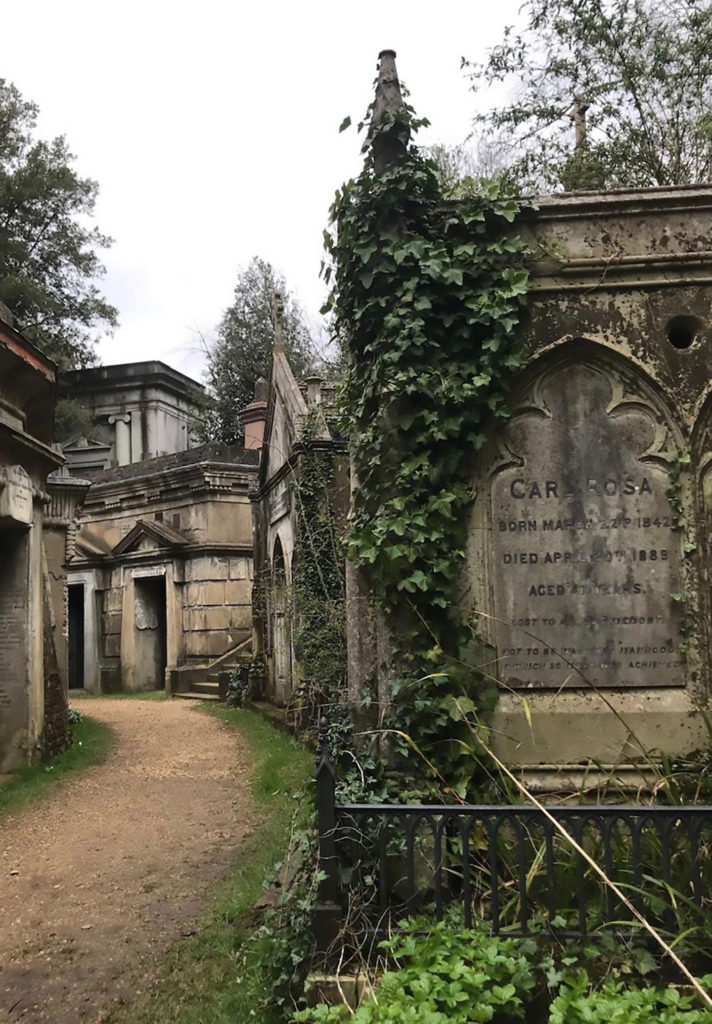
Why I Love Obits and Graveyards
I’m a big fan of writer Bob Brody’s idea (on boomercafé.com) of obituaries “for people who never accomplished all that much in life. They would highlight certain modest successes, like flossing regularly.”
I’m not a snob: I have always been a fan of obituaries in general, from those about ordinary folks to those about the famous and infamous, and everyone in between. I remember reading an obit in the New York Times for Sidney Franklin back in 1976. Born in Brooklyn, Franklin was a gay Jewish matador in Spain (aka “El Torero de la Torah”) and much admired by Ernest Hemingway and others. To think that I would have never known about El Torero had I not been an obit junkie.
Reading obits, in a way, honors the person beyond the statistics. These days I read the obits also to honor those who died during this coronavirus pandemic—the poor and the rich, those beloved by families and those alone, those who contributed so much to our culture and society and those who just flossed often. All of them matter and are worth noting and mourning.
“It’s counterintuitive, perhaps, but obituaries have next to nothing do with death and absolutely everything to do with life.”
Margalit Fox, in Obit (2016), a documentary about writing obituaries in the New York Times (now on Netflix)
New York Times obits are well-researched, lively, and elegantly written essays that encapsulate a life in just a few paragraphs. You’ve got to be nosy, I think, to write good obits—and sometimes to read them. And that desire for quick summarization may be the reason that I also love to read wedding announcements. By the way, I ended up as a writer and editor for encyclopedia articles for the past 25 years. Brevity is an art, although I do acknowledge that hefty literary works are sometimes worth the time, as well.
“I Told You I Was Sick”
on a gravestone in a cemetery in Key West, Florida
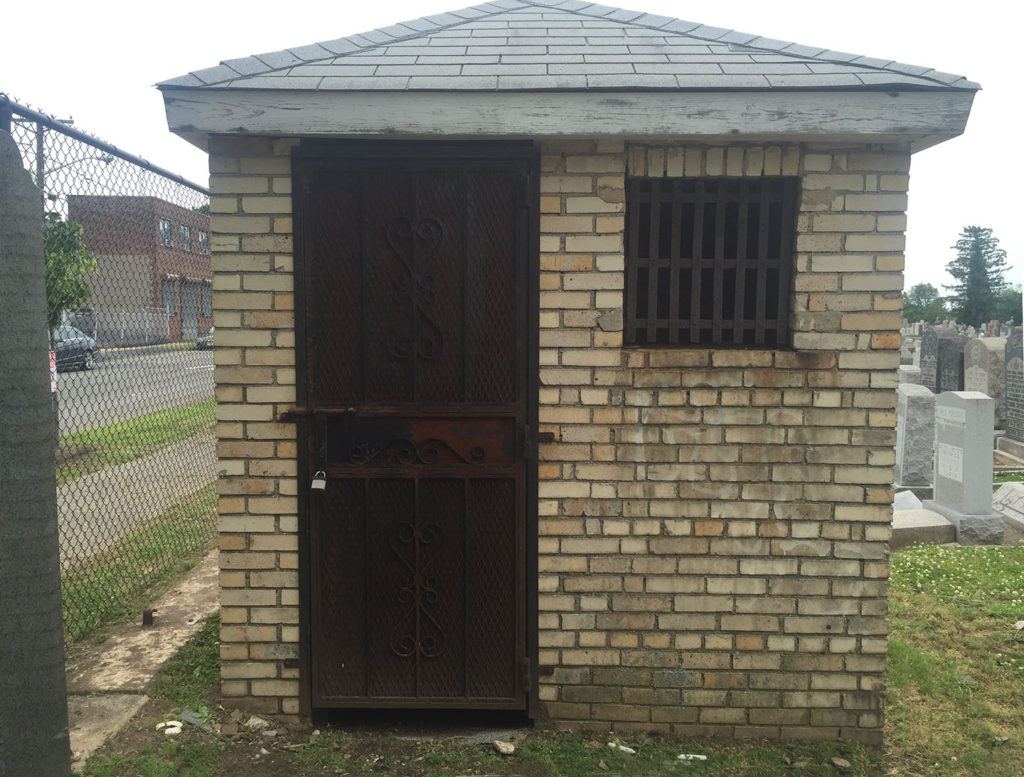
Obits are a kind of storytelling. Another kind of storytelling, but possibly for those who prefer Twitter, can be found on monuments in cemeteries. I am also an inveterate cemetery visitor, and I love to wander amidst the graves of relatives and strangers.
I hiked the cemeteries in Newark with my cousin for years, searching for my grandfather’s grave, which was built in the early 1920s. We finally found him, and after fundraising from my family I had his burial place (an ohel, or small house) repaired and made secure. When I visit his old and battered cemetery in Newark, I also stop by to greet other relatives I never met. Then I drag my family to visit other graves in another cemetery about a half hour away.
Cemeteries as Destinations
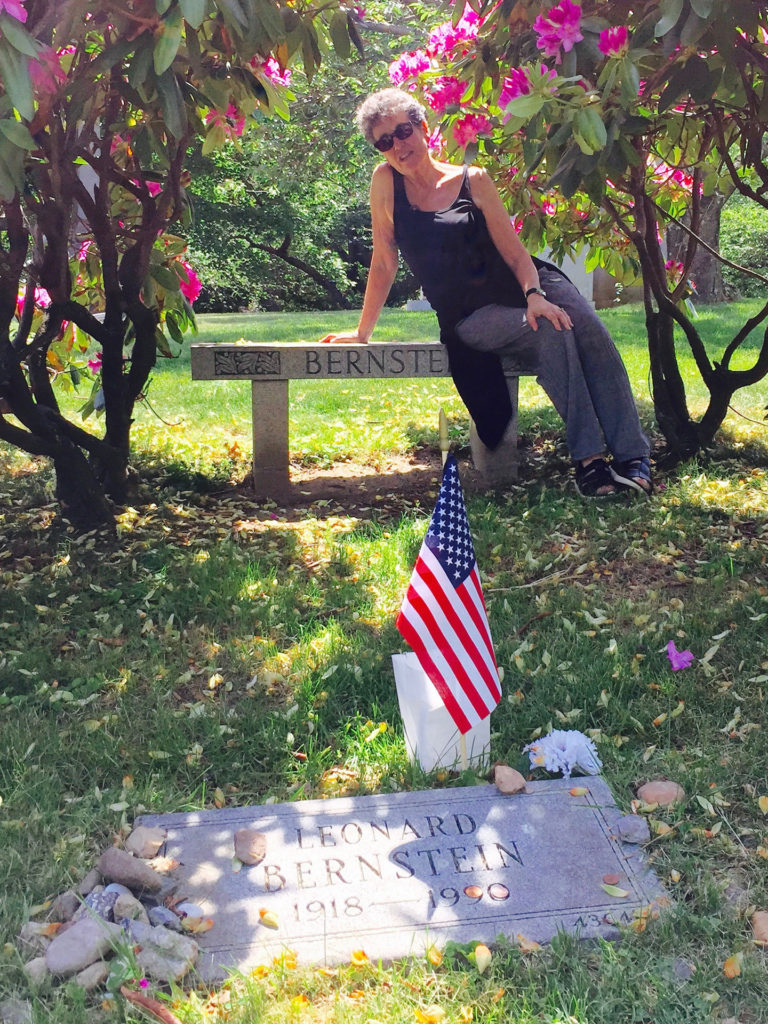
When not visiting relatives, I stop by to see the burial sites of a list of people I admire—often musicians and writers—from Leonard Bernstein at Green-Wood cemetery in Brooklyn to Philip Roth at Bard College cemetery in Annandale-on-Hudson, New York; both gravesites are simple and modest, with space to thoughtfully ponder and appreciate the talent and spirit of both men.
In fact, I have paid my respects at cemeteries on several continents, from the remnants of graveyards in the Old Jewish cemetery in Prague to the World War II graves at the Imphal War Cemetery in Manipur, India. What many seem to have in common is that they were established because of mass killings, war, and hatred but now are quiet resting places filled with birds and flowers. I’ve also visited and enjoyed wandering Pere Lachaise cemetery in Paris, Highgate cemetery in London, San Michele cemetery in Venice, the South Park cemetery in Kolkata, India, and many, many others.
Telling Stories
“I teach my eyes to hear, my ears to see
How body from spirit slowly does unwind
Until we are pure spirit at the end.”
Theodore Roethke, Infirmity, 1963
I also like studying and reading about the very elderly. More than 30 years after I earned my M.S. degree in journalism I returned to the University of Southern California to study gerontology, which is about the science and process of aging. My dissertation was titled “Gerotranscendence and the Baby Boomers: A Search for Meaning,” about how elderly people sometimes find ways to disengage from the world as they near death.
Some older folks don’t mind sharing what they have discovered about life with those in other generations. I must preface this to say that I know that old people are not always wise. From my social media pages I recognize that some are as ignorant as anyone else. I do give the benefit of the doubt to those who have years of experience and who have lived through the joys and the tragedies of life. They may well have useful advice for the generations that follow.
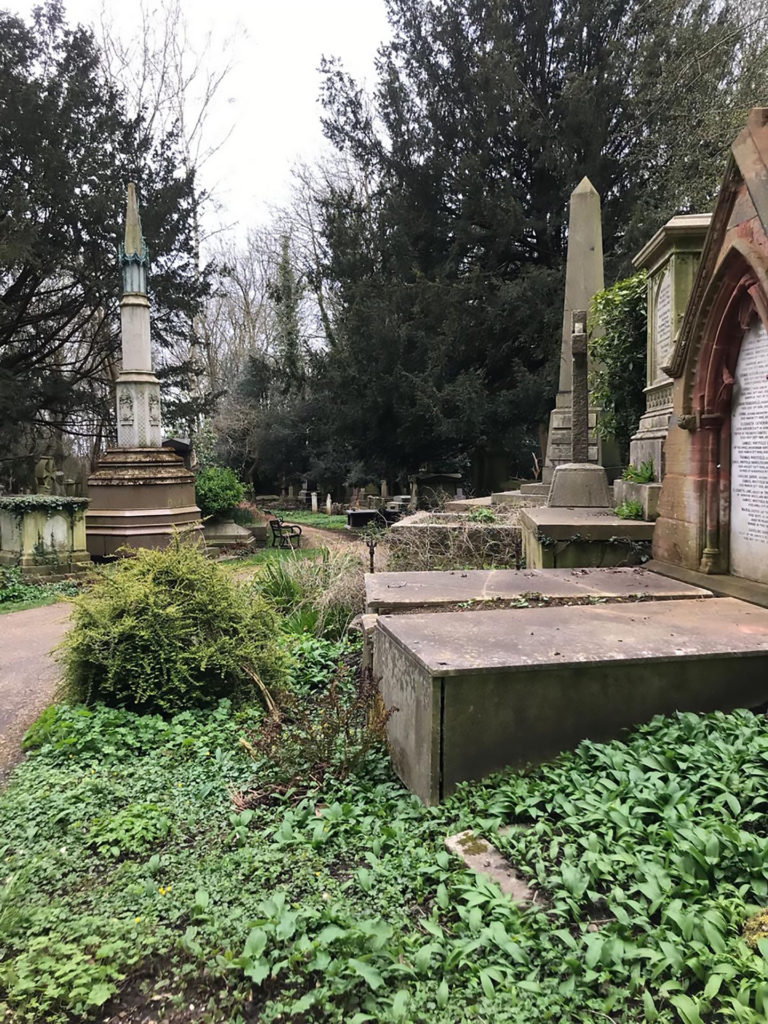
Je regrette pas
There are numerous articles and blogs about what 50-60-70-80-90 and even 100-year olds regret about not doing in their lives, and many of these may be familiar to us. Of particular interest to me is that people often seem to regret not traveling more. As a life-long traveler, I understand that. The subject of regrets seems to be a prime topic for the cohort now under lockdown—my cohort—and social media is a good place to write or chat about what we might have done better.
Some regrets that older people cite:
*Not resolving grudges or rifts with family or friends
*Worrying too much, especially about what others think of you
*Not taking chances in life
*Working too much
*Not following your passion in life
I myself like the more specific regrets gleaned from folks on social media:
“Not flying on Concorde to New York with Lionel Richie. He wanted to take me for dinner. I was working.”
“Tossup between joining the Jehovah’s Witnesses at 14…OR not seeing Patrick Swayze in Guys & Dolls.”
“Being sick in my father-in-law’s hand.”
“You won’t regret much if you call your mother, are kind to everyone, and FFS change your sheets.”
Life Lessons from Centenarians
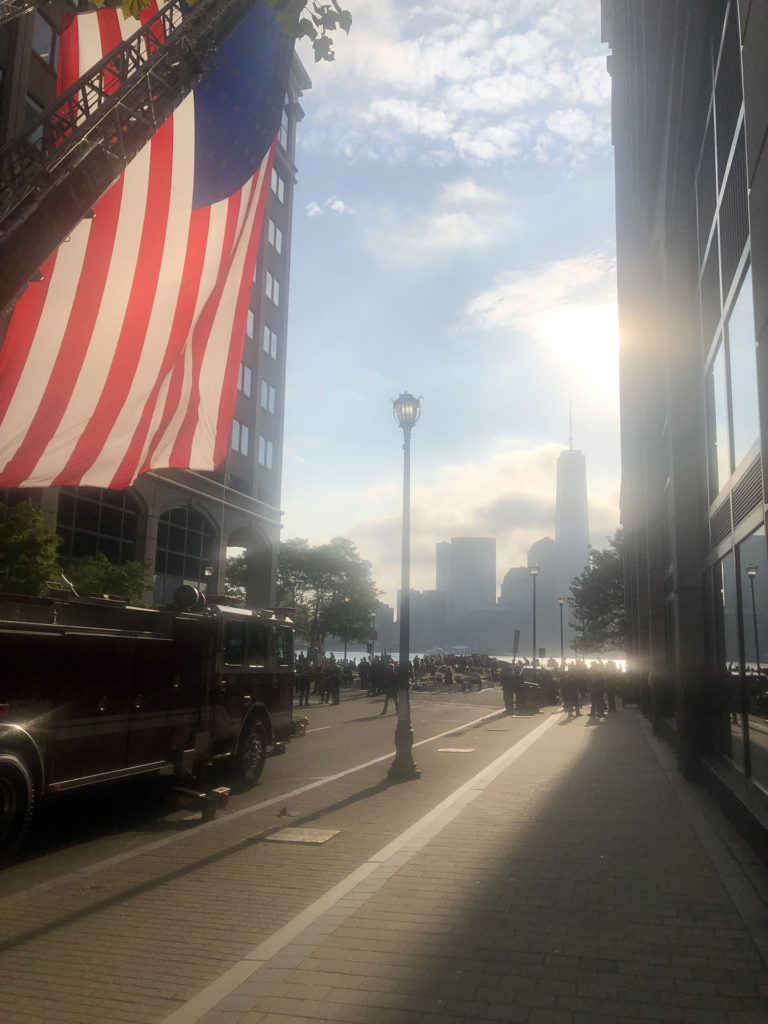
I also enjoy reading advice from wise older folks. One of my favorite discoveries online was a YouTube video entitled “Life Lessons from 100 Year Olds,” in which some charming British centenarians were interviewed. I’d like to share some of my favorite comments:
“I don’t have many failures. If I’m making a cake and it fails, it becomes a pudding.”
“I was always an optimist and she was always a pessimist, so we got along very well.”
“Be as independent as you can but don’t fail to ask for help when you need it.”
“Life goes on. So it’s really wonderful to have something left behind. Even if loved ones are no longer there, they are here. They are in your mind, in the air, all around you. It’s really a wonderful, wonderful feeling.”
In Your Mind, In the Air
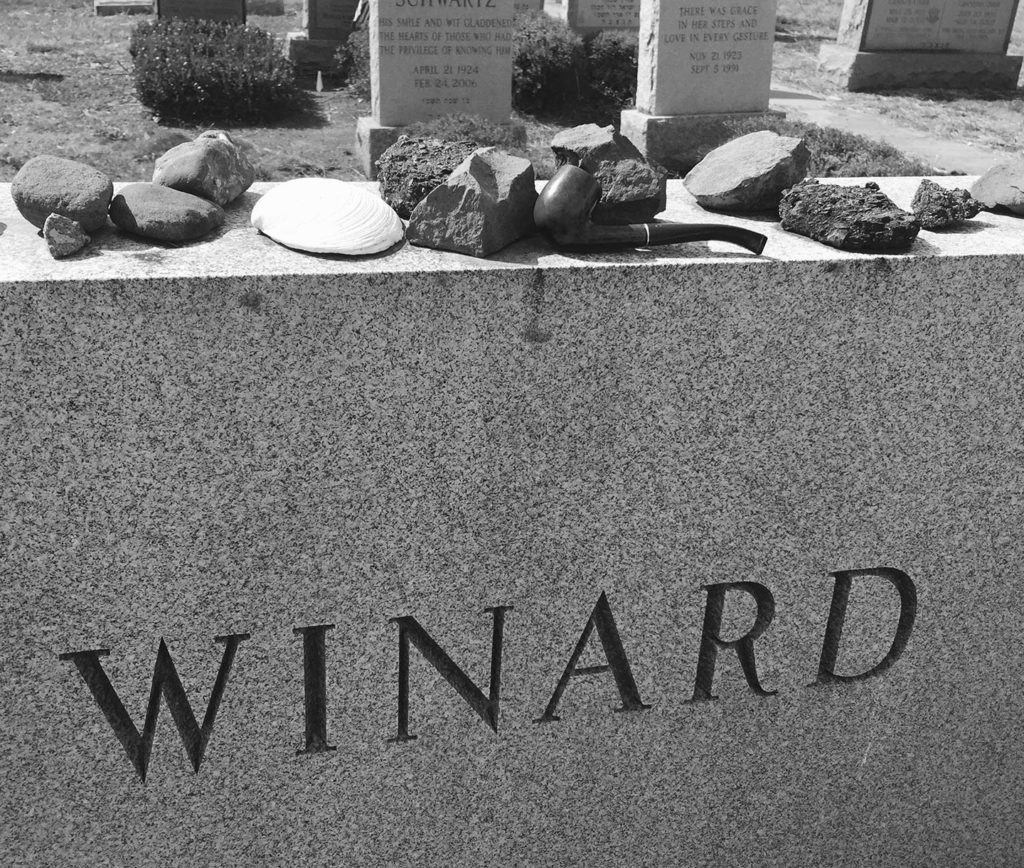
Obituaries can conjure up a life and paint a small portrait of how someone lived. They make me cry sometimes and just as often they make me laugh in delight. They can provide a spark of recognition between you and another, even when they’re gone. And sometimes, they can make you realize that time is fleeting and to seize the day.
Visiting a grave is about as close as I can get to some pretty amazing spirits. When I visit my father’s grave I sometimes bring along meaningful objects, from his beloved pipe to artificial flowers (he used to scatter them amidst his roses for a laugh). I also always bring rocks or pebbles, to let him know I was there. In return, I feel his spirit. His presence in my mind and in the air provides sweet comfort.
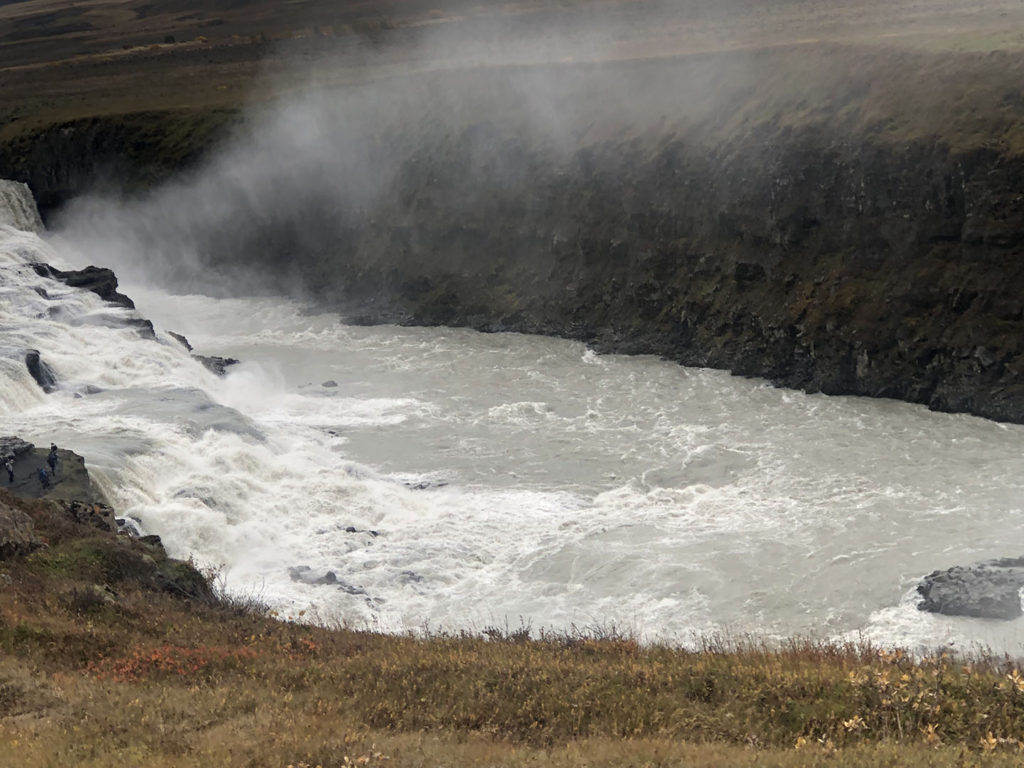

Lovely piece! I like obits (and wedding announcements) too!
Nice read! I enjoy cemeteries too. From exploring, I discovered some grave site headstones hold engraved images of the deceased or other images. I had an old family photo of me with my 9 siblings and Mom and Dad printed onto a ceramic tile and it is affixed to the side of my parents’ headstone. Now they are not just names and dates but anyone can see their youthful faces and learn that they were parents of 10!
I saw photos on new graves in my grandfather’s cemetery; most were Russians. Never saw 10 kids though: that’s lovely.
Lovely article. I so enjoyed reading it.
So glad that you liked it….
What an interesting and entertaining read – I’m a big fan of snooping around graveyards! As a bellringer, I often have time before my ringing services are needed (usually at weddings) and it’s rewarding to spend that time looking for the quirky and the downright odd among the gravestones.
Loved the life lessons from centenarians…
I’ll be back to read more!
Thanks, Coralie! I’m definitely a snooper too.
These all sound very interesting!! Will try to find some of these books also.
I like what Ann Franklin had to say,
“I wake up every morning at nine and grab for the morning paper. Then I look at the obituary page. If my name is not on it, I get up.”
So let’s keep moving and leave the obit for someone else to write. Let’s fill the dash as best we can.
Ann or Ben? And Carl Reiner said it too! Would like to just visit cemeteries for several decades before I settle in one 🙂